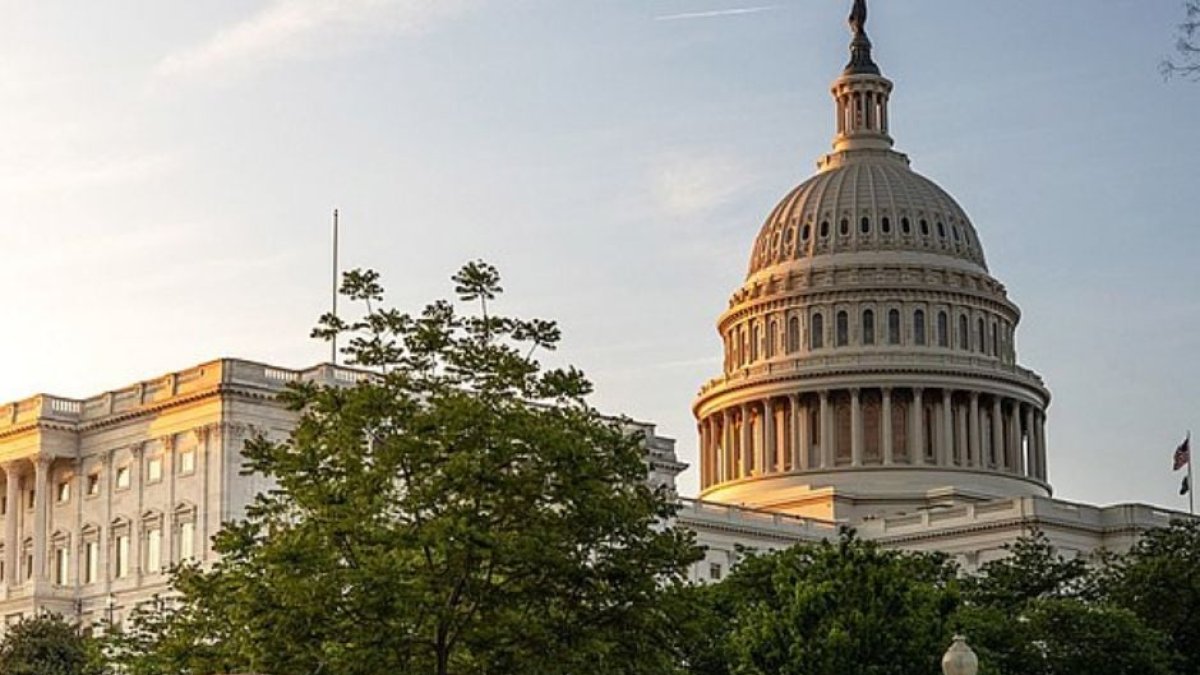Triumph for the 'security hawks' in the House: They renewed the FISA law that allows foreign surveillance by the government
Despite resistance from conservatives and progressives, the legislation was approved with 273 votes in favor and 147 against.

Wikimedia Commons
On Friday, the House of Representatives approved a modified version of the existing Foreign Intelligence Surveillance Act (FISA), which gives government surveillance powers abroad. Despite Donald Trump's displeasure, a sentiment joined by progressives and conservatives, the legislation gained enough bipartisan support to advance to the Senate.
In a vote that raised controversy on Capitol Hill, the text received 273 votes in favor and 147 against. The vote was considered a victory for Mike Johnson, speaker of the House, who had been negotiating a final version of the text for months despite internal discussions.
The controversy found 'security hawks' on one side, who claim that the legislation is essential to prevent another September 11 and that the result fell short in its extent. On the other hand, critics, ranging from conservatives to progressives, tried to limit the scope of the text after some allegations that it was abused to collect data on Americans.
The problem with Section 702
Section 702 generated the most division among Republicans. This section allows warrantless surveillance of aliens located outside the United States. However, regulations also cover communications between this group and U.S. citizens.
Progressives and conservatives proposed that the government should need a court order to review any information collected about Americans as a result of foreign surveillance.
Indeed, Congressman Andy Biggs (R-AZ) pushed an amendment that would have required a court order to view Americans' data collected in the Section 702 system. However, after a vote of 212 to 212, the amendment was discarded since it was lost in the House due to a tie. The conservatives targeted Johnson, who voted against it and finally overturned Biggs' addition.
Opponents of this change argued that it would hamper the intelligence community's ability to detect important threats quickly. They likened the situation to that of a police officer being forced to obtain a warrant before checking a license plate during a traffic stop.
Despite the general approval, the legislation will not be able to reach the Senate until the motion for reconsideration, presented by Congresswoman Laurel Lee, is made.

























